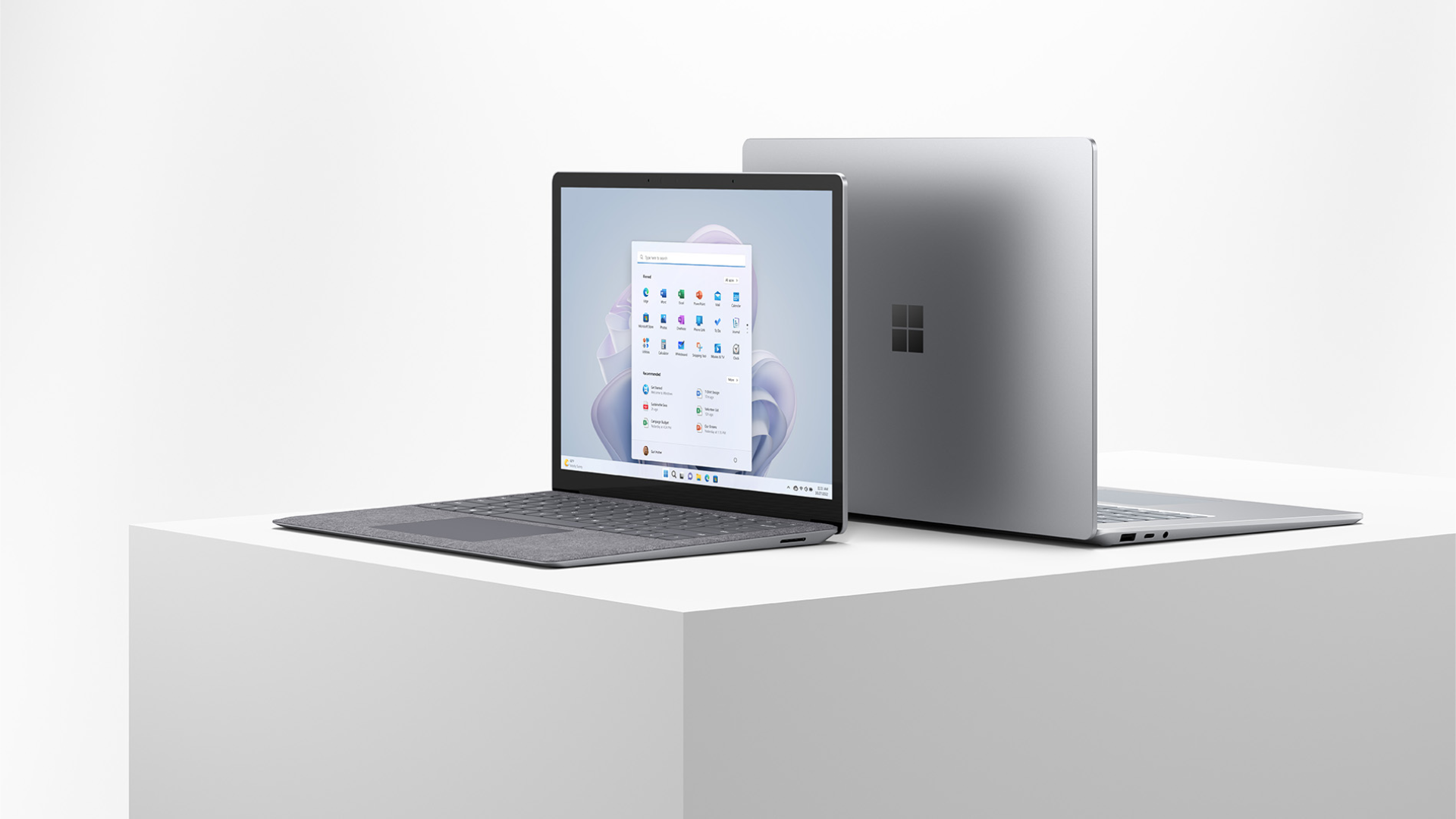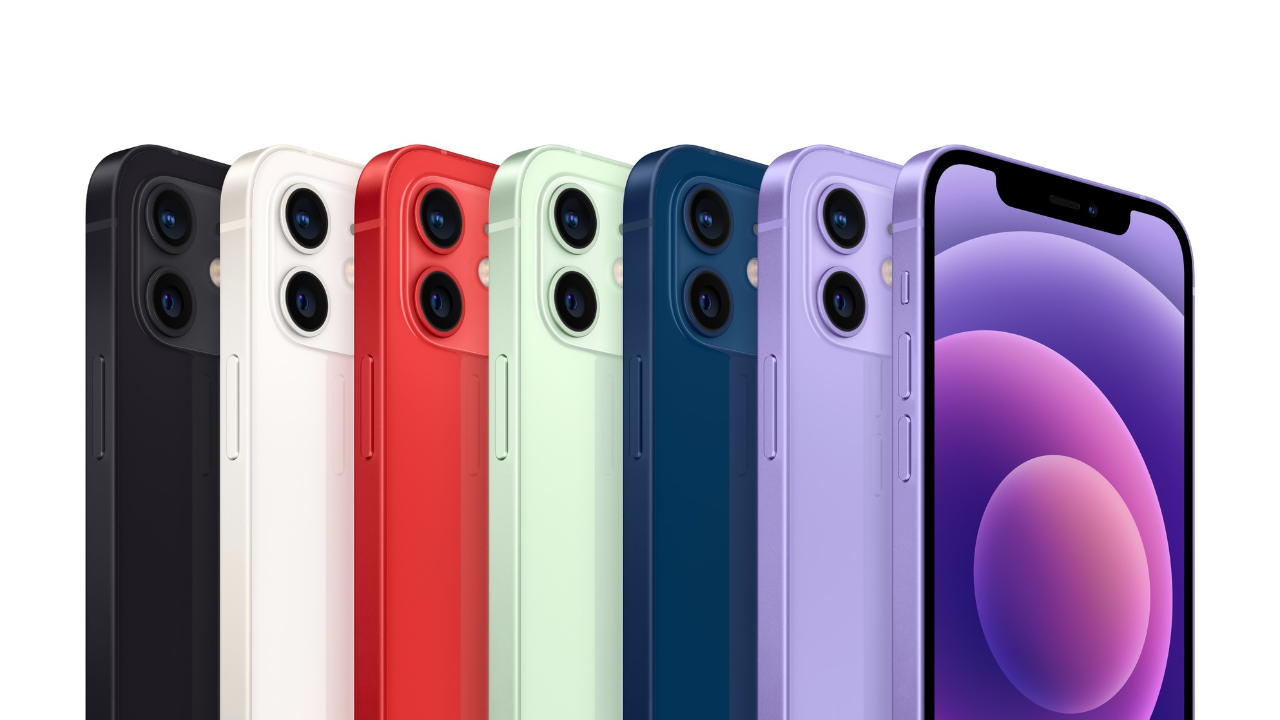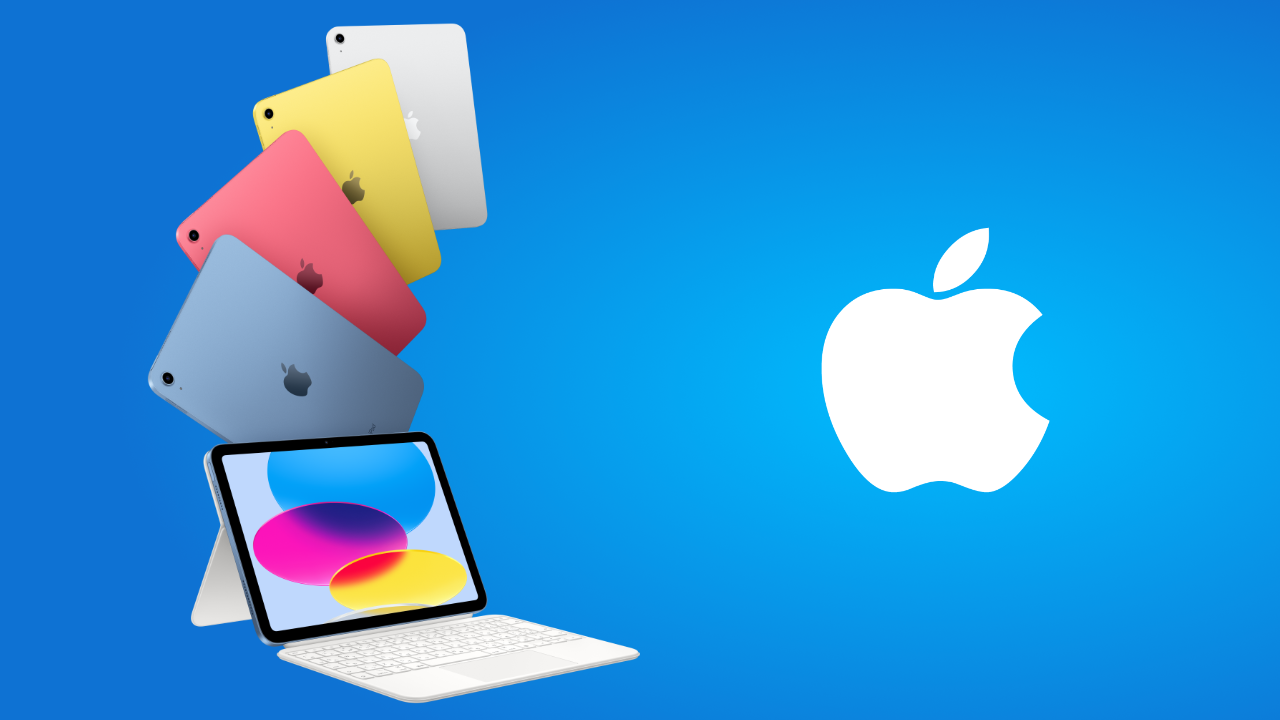A new petition has surfaced on Change.org from someone who does not want Samsung to use its own Exynos Chips in its own devices.
“These parts are inferior, and there are numerous comparisons online,” the online petition states. “The Exynos phones are slower, have worse battery life, worse camera sensors and processing, get hotter and throttle faster, etc.” it added.
Yes Exynos processors have traditionally under-performed in comparison to its chief rival Qualcomm and their Sanpdragon line sof chips.
Who gets Exynos processors in their phones anyway? Well, phone sold in Asia and Europe get Exyones and here in North America we get Snapdragon in our Galaxy devices.
So what about the complaint that Exynos under performs? If we compare the Snapdragon 865 vs the Exynos 990, the Snapdragon has a 20% performance boost over the Exynos. The GPU in the Exynos also under-performs compared to its rival.
The news really isn’t about the petition, because it only has about 18 signatures. This wouldn’t even be an issue if there wasn’t a duopoly like the one we have in the mobile OS space we have today. What is really important in this bit of news is this question. If there was more than one alternative mobile OS would this really be an issue?


Samsung has the most complete eco-system of hardware of any OEM, you could live entirely with only Samsung Electronic and Appliances. The one thing it is not strong on, is its OS. Right now Samsung dominates Android hardware, so Samsung is reliant on Google’s Android operating system. Conversely, Google is trying to sell its own competing Pixel hardware and cannot seem to create a foot hold in in the Android phone market because Samsung dominates it. What can Google do? Well Google may already being doing it, and it is called Fuchsia OS and you can read about it here and here.


So imagine if Samsung for instance had its own mobile OS? Oh wait it does. Samsung uses its Exynos chips in a number of its own phones that run Tizen. Tizen is Samsung’s Linux based OS that it currently uses for its Samsung TV’s and Galaxy Watches.
Is there enough oxygen in the mobile space for another OS, especially one from the Goliath that is Samsung? Or a better question is, can will developers publish their apps for another OS and App Store? Web Apps might be part of the answer to that question but certainly not the whole answer. Services like XCloud may also be an answer to mobile gaming as the only apps that have to be native are games. But what if cloud gaming really gains a foothold with 5G and with services like XCloud that delivers console level gaming on your phone.

Samsung does have its own Android App Store, the Galaxy Store which is for Android. Can Android Apps run on Tizen? Yes it is possible to run Android Apps on Tizen with ACL (Application Compatibility Layer). Should Samsung slowly intro more Tizen OS phones to reduce reliance on Google?
That is a tricky question for a number reasons. One reason is related to what we mentioned above, Samsung basically owns Android by way of being the dominant OEM in the Android space. If Samsung was to loosen its grip on Android then Google could attempt to move in to absorb the left over Android market share. Google may also attempt to move its Pixel devices over to Fuchsia OS and save the best bits for its own phones like OS optimizations and exclusive features designed only for Fuchsia OS devices.
Because of the proliferation of 5G, like I mentioned above, our reliance on native apps and games may see a reduction, which could pave a road for new mobile operating systems to challenge the current duopoly from Apple and Google. Potentially we could see a return of Windows on phones, Sailfish OS, Tizen, Ubuntu Touch Kai OS and others join the foray and deliver true Platform Choice.

By Platform De.Central






You must be logged in to post a comment.